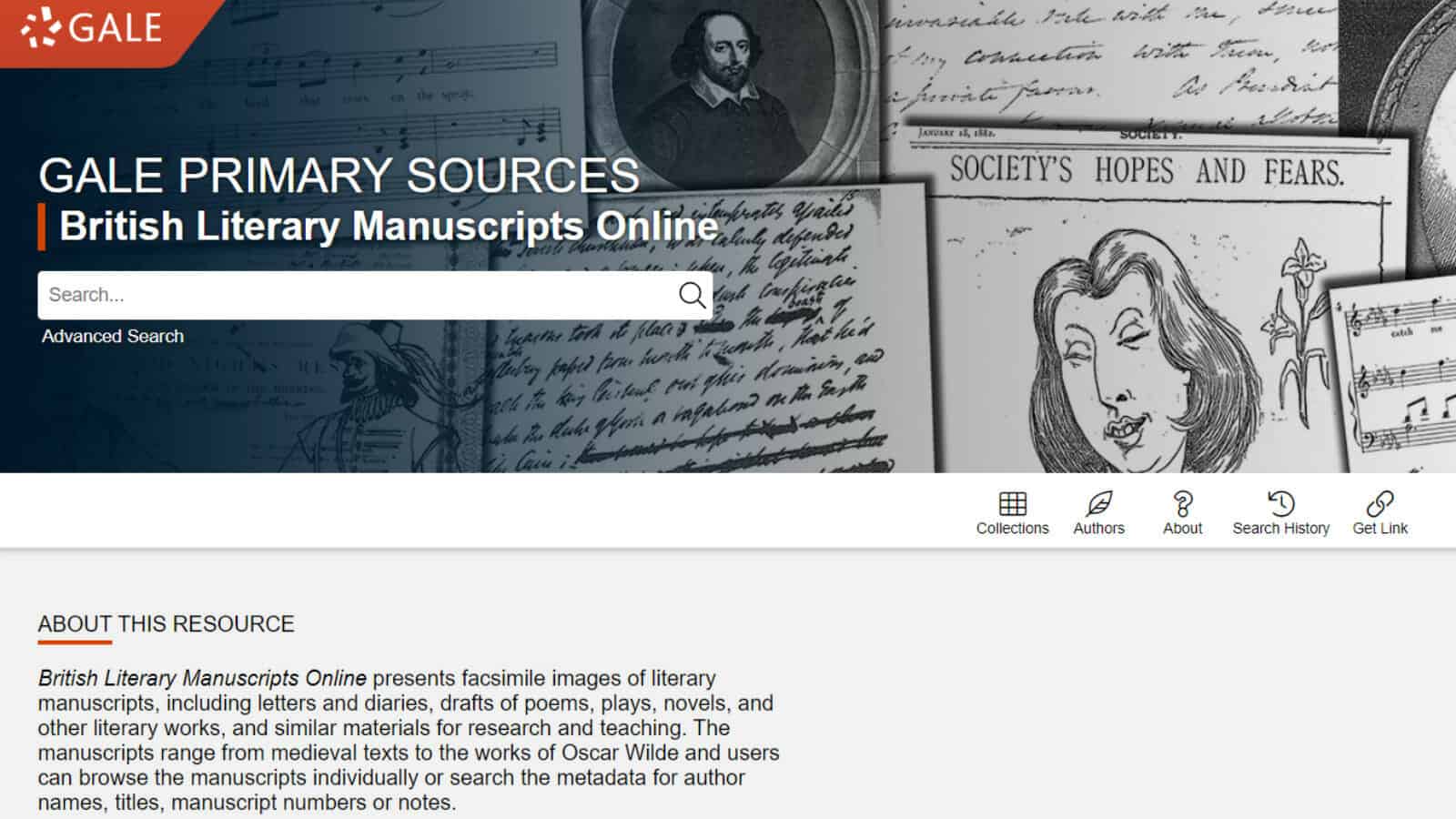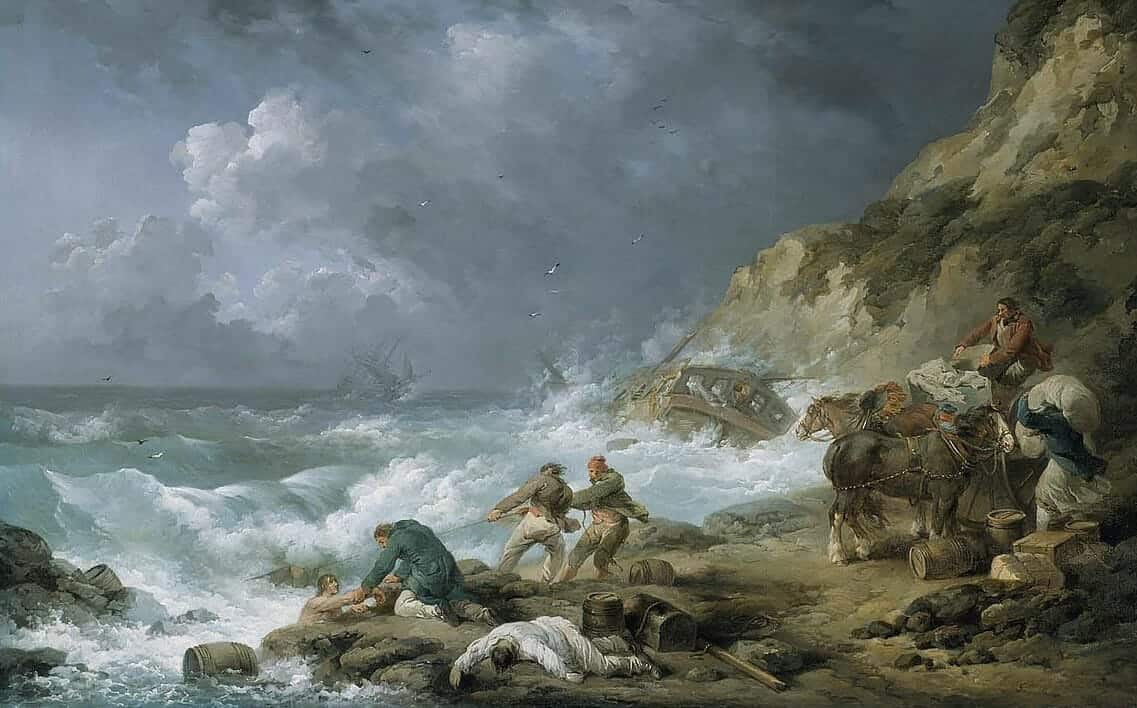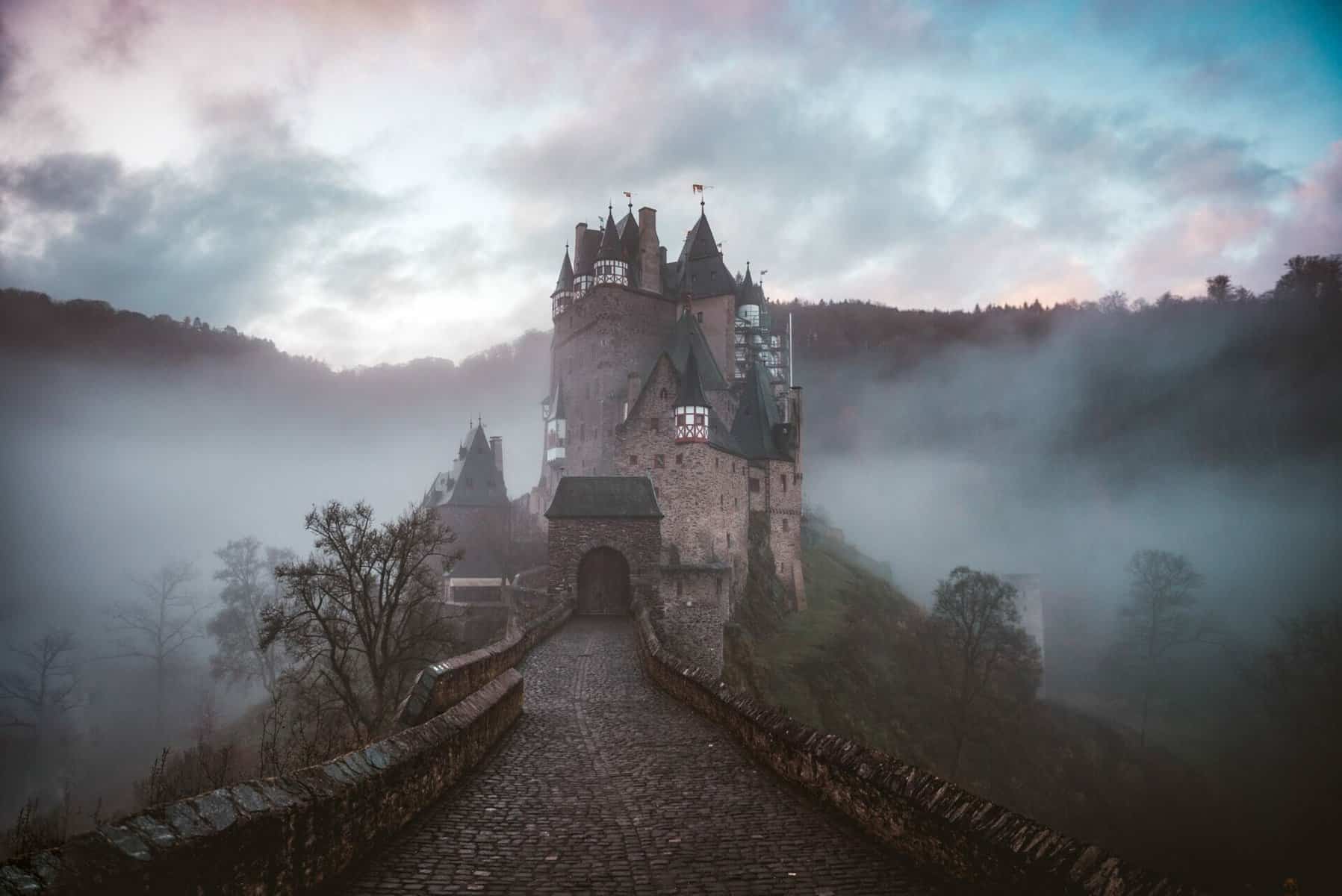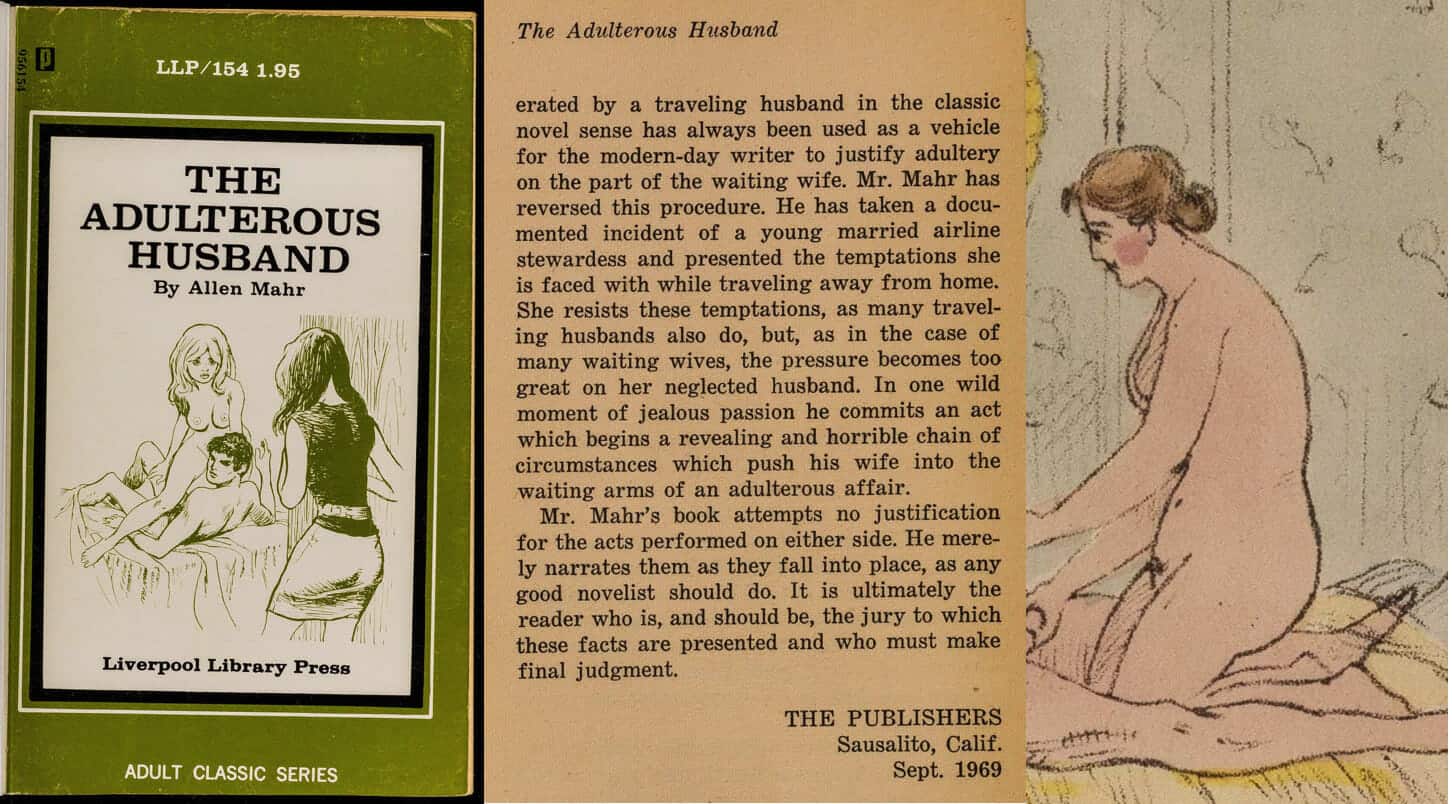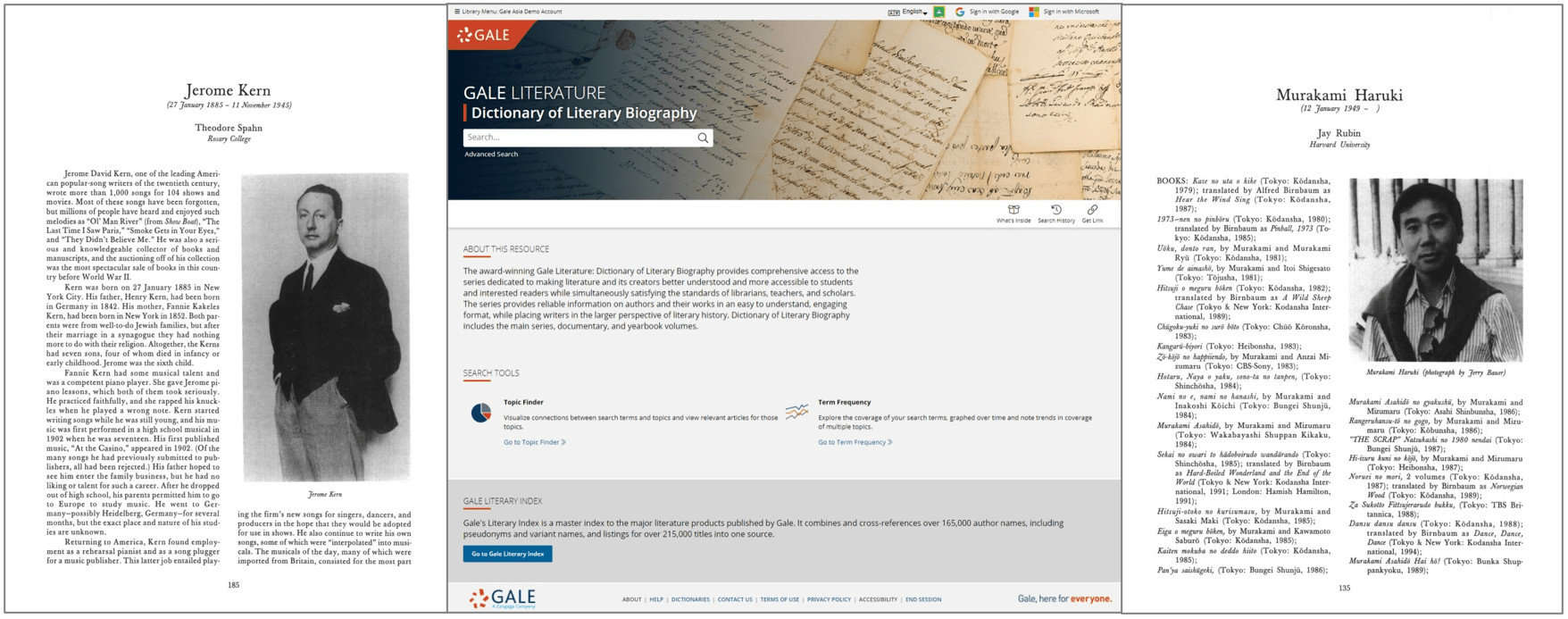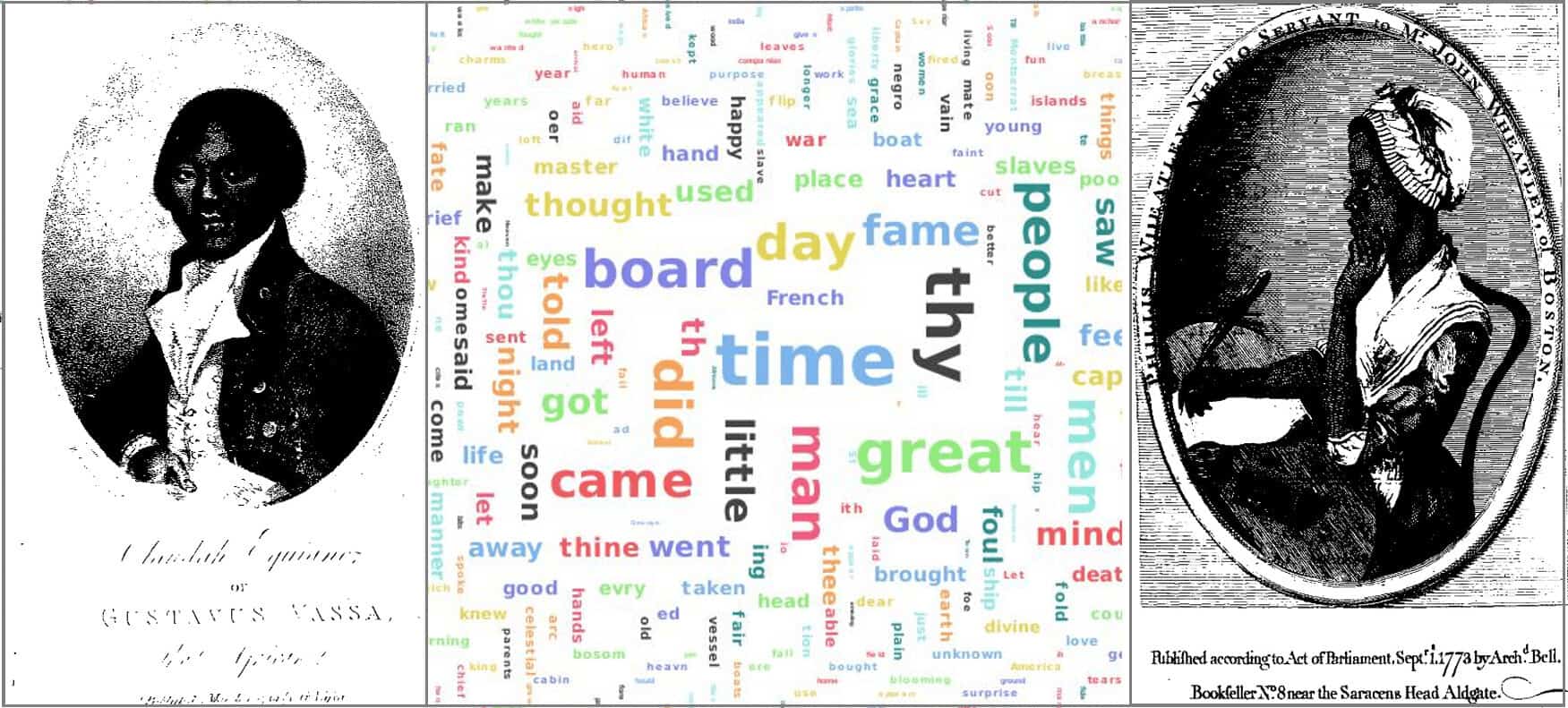│By Holly Kybett Smith, Gale Ambassador at the University of Portsmouth│
The late eighteenth century was a turbulent time for those in power. Across Europe, monarchies were clinging to their authority by threads: the American Revolution saw British imperial rule challenged, and in France, Louis XVI was unseated from his throne, putting an end to the Ancien Régime. Simultaneously, as the French people rebelled against their absolute monarch at home, the Haitian Revolution saw self-liberated slaves free themselves from French colonial rule. Everything, everywhere, was in flux. With all of this in mind, it’s no surprise that the spirit of the era formed the crucible for the birth of the Gothic literary genre.
When discussing the Gothic in academic circles, we tend to ascribe the origins of the genre to one particular work: The Castle of Otranto by Horace Walpole, published in 1764. This is because Walpole himself described his tale as “Gothic” – the first noted use of this term to describe a piece of literature, as opposed to an architectural style. But one novel does not make a genre, and as the eighteenth century marched into the nineteenth, Gothic literature grew to encompass new components, stretching itself into the shape we recognise today. For more information on the Gothic as it evolved into contemporary horror, take a look at this blog post by my fellow Gale Ambassador, India Marriott.
In this blog post, meanwhile, I’m going to examine the emergence of early Gothic literature as it began to appear at the start of the nineteenth century – and explore how we can study this using Gale Primary Sources.
Read more



